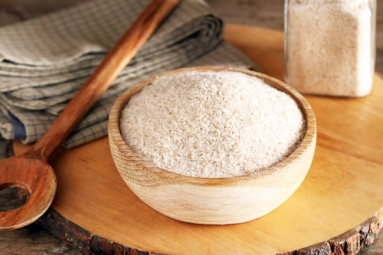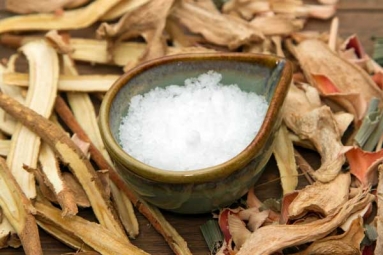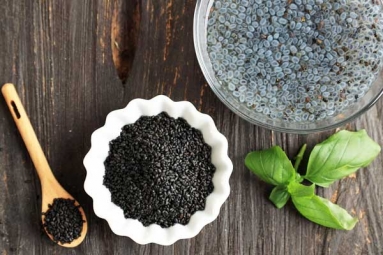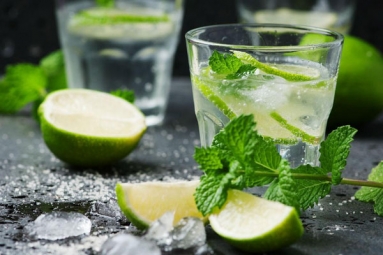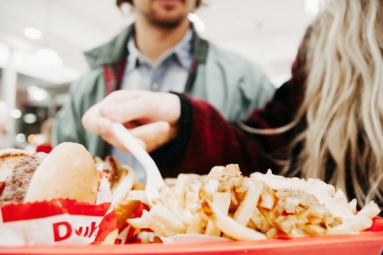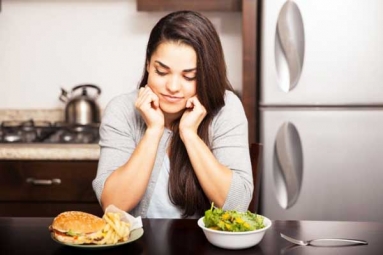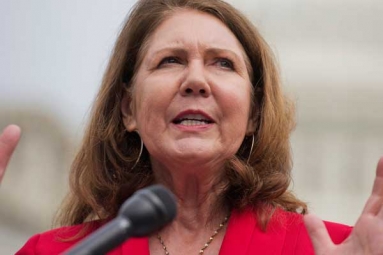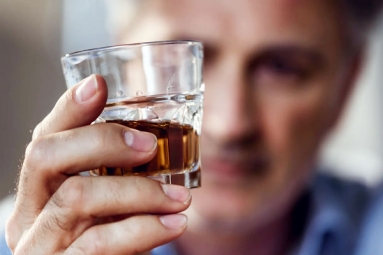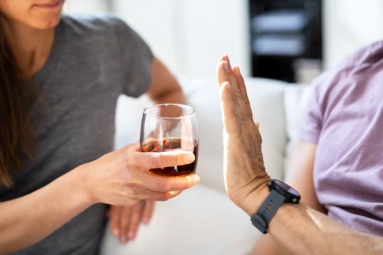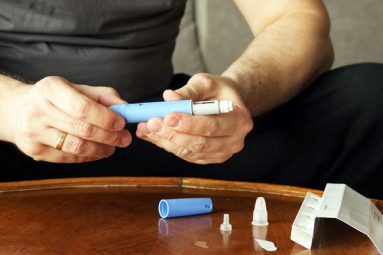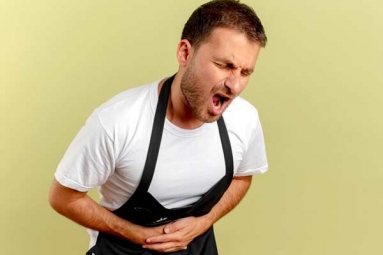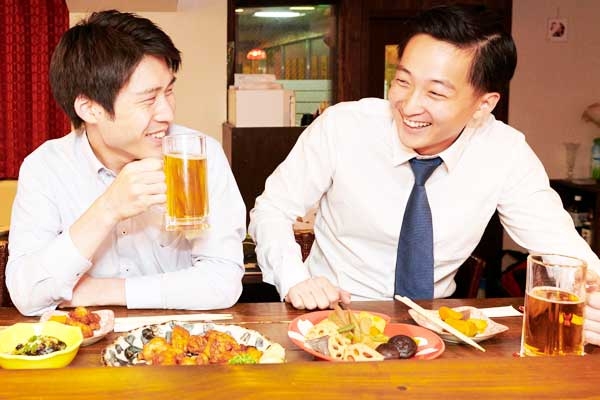
(Image source from: Canva.com)
In several Western nations, having a drink is mainly a fun social event. People often go out to bars or pubs in the evenings to share drinks with friends, emphasizing chatting more than eating. Typical drinks might be wine, beer, or light cocktails, which usually have less alcohol compared to Indian drinks. These beverages are often enjoyed without large meals, with bars providing small snacks like peanuts or crisps for easy munching. Moreover, many people in the West care about their health and tend to skip heavy meals while drinking to reduce calorie consumption and avoid gaining weight. On the other hand, in India, drinking is usually part of social events called ‘parties’ or daawats, where food is very important. Drinking is often done alongside eating, a custom known as chakhna or snacking. The drinks people usually have, like whiskey, rum, or beer, are often stronger in alcohol content.
Indians generally prefer to drink these beverages with food or snacks instead of on their own, which helps lessen the effects of alcohol. The Indian culture values food greatly, and many believe that drinking without food is unhealthy. Therefore, people enjoy large meals before and during drinking. Additionally, alcohol can make you feel hungrier since it drops blood sugar levels, leading to cravings for energy-rich foods. Numerous studies have looked into why alcohol increases hunger and cravings. If you have felt hungrier after drinking, you are not the only one.
How Alcohol Influences Your Brain to Feel Hungry?
Effects on the Brain: Alcohol impacts the hypothalamus, which is the brain part that controls hunger, temperature, and other essential tasks. A study from 2017 revealed that alcohol activates specific neurons (AgRP neurons) that signal for hunger, encouraging eating.
Increased Sensitivity to Taste and Smell: Alcohol makes you more sensitive to taste and smell, which makes food seem tastier and more inviting. This heightened awareness involves the hypothalamus as well.
Decrease in Blood Sugar: Alcohol can lead to lower blood sugar levels, causing feelings of low energy. The brain responds by signaling hunger, which often results in cravings for sweet or salty foods.
Decreased Self-Control: Drinking can impair judgment and self-control, making it harder to avoid unhealthy high-calorie fried or junk foods over healthier choices.
A 2017 study published in Nature Communications showed through research on rats that alcohol directly activates hunger-related neurons in the brain. A different study from 2015 found that people generally eat more calorie-dense, salty, and fatty foods after drinking, suggesting that alcohol not only boosts appetite but also alters food preferences. So, the next time you struggle to not overeat after having a few drinks, just know that this is a natural reaction from your body.




